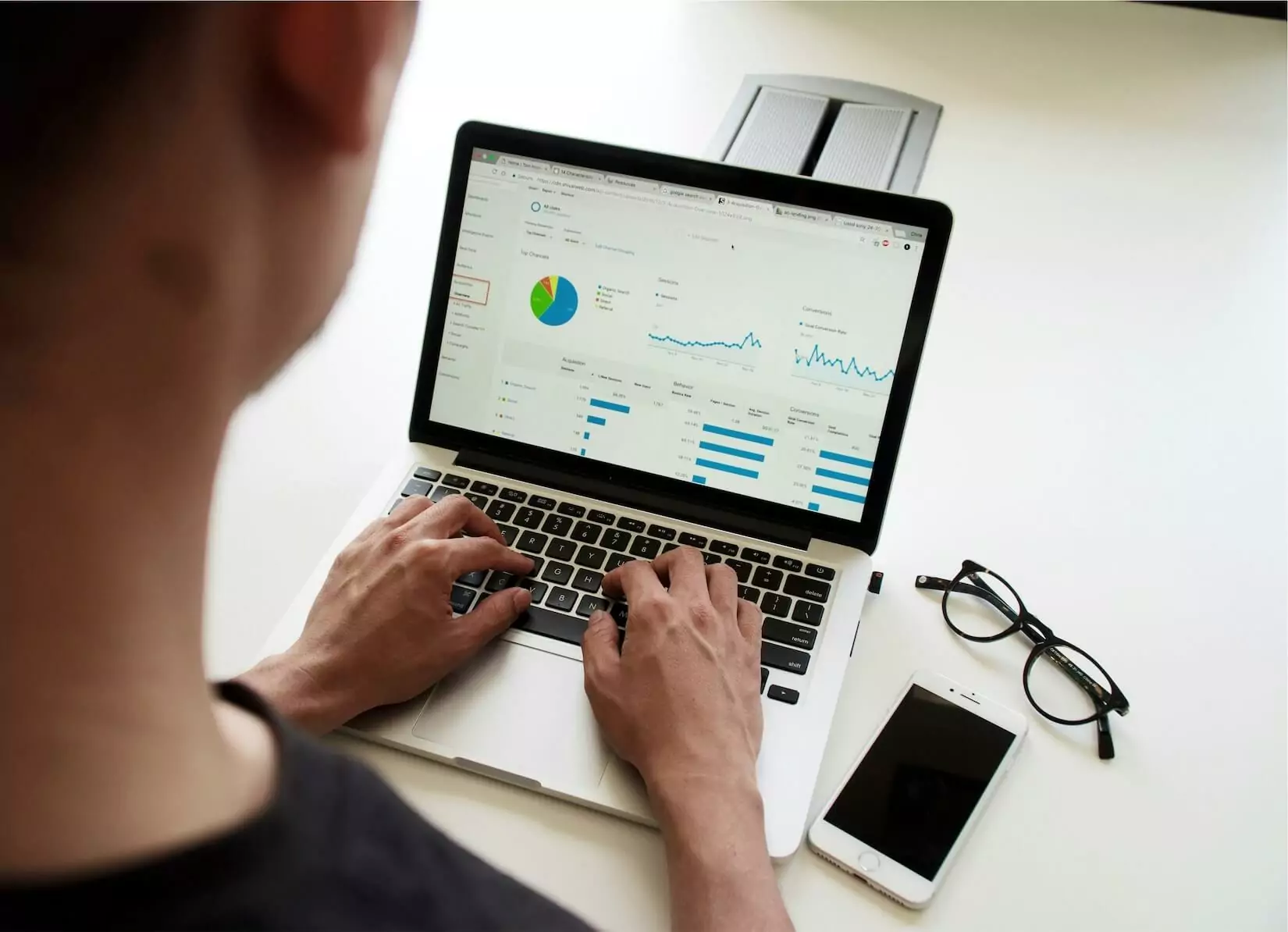Software tech stacks have never been more integral for businesses. And they’re only going to become more important. Your business, regardless of its size, needs technology to survive in today’s landscape. But what software does it need, does your financial team have the necessary expertise to ensure you take advantage of software, and would you be better off with an outsourced CFO at the helm?
In this blog, we’re discussing how your CFO can ensure you’re not just using the latest technology, but the most practical for your company. Businesses everywhere suffer from their departments getting stuck with legacy tools and lagging. Yours doesn’t have to.
Modern strategic CFOs understand how to earn their seat at the table. It’s not through flash and it’s not through antiquated bookkeeping methods. The most successful CFOs have three skills these days: Financial analysis, a streamlined technology suite, and communication skills that keep everyone on the same page.
At Fully Accountable, we believe you shouldn’t have to worry about whether you’re hiring the right team. Our fractionalized experts can integrate into your organization using a scalable method. It’s simple, you use our services when you need them. When you don’t, you don’t have to pay.
What Is the CFO Software Stack?
A finance software stack describes a suite of tools that create solutions for finance teams to perform their daily responsibilities. For a CFO, their software stack is somewhat more important. The software stack essentially steers the business’s overall financial strategy.
CFOs must conserve their prowess and mental fortitude for complex strategies, not data accumulation. The software stack’s main function is to connect your organization under one infrastructure. From this connected infrastructure, CFOs can see the entire financial picture and communicate it across the entire organization. Above all, it frees CFOs to focus on the future rather than manually compiling data.
A CFO software stack should have four components:
- ERP: An ERP is your core accounting system (Xero, NetSuite, QuickBooks). This is the central pillar of the CFO’s software stack, though CFOs cannot rely entirely on the ERP.
- CRM: You likely classify your CRM as a sales tool. However, CFOs must take ownership of the CRP setup. It houses essential customer data that should shape the CFO’s decision-making.
- HRIS (Human Resource Information System): CFOs need human resource information so they have an accurate overview of the company. They can also utilize the data it contains for departmental analysis. Connecting the HRIS within the CFO tech stack helps them extract employee data from HR professionals such as hiring trends and employee turnover rates. This data helps them enact operational CFO strategies that payoff long-term.
- Billing Systems: You know the saying: “cash flow is the lifeblood of all companies.” Billing systems provide CFOs the necessary visibility to evaluate the company’s cash flow while gaining insight for revenue recognition, accruals, and cash runway. They can also forecast for different cash flow situations so they are better prepared for multiple market scenarios.
When these systems are connected, they give your CFO a full picture of your company’s financial status. But while these systems lay the foundation for sound strategies, they don’t complete the CFO puzzle.
Upgrading Your CFO Software Stack
Successful CFOs are operators, executives, technology experts, and strategic advisors. They understand both the short-term and long-term financial goals of your company.
They need a finance tech stack that accentuates these attributes and eliminates time-consuming tasks.
Without the proper tech, CFOs can waste dozens of hours with manual data entry processes. From manually inputting employee information to manual data capture, the amount of time lost to these processes is catastrophic without technology.
CFOs need to be able to answer inquiries regarding performance management, enterprise resource planning, and long-term goals swiftly. With the proper Business Intelligence (BI) tools and BI platform, CFOs can readily prepare answers to the following questions:
- When will we run out of cash?
- What is our debt situation?
- What equity can we offer new executive positions?
- Is our sales pipeline healthy?
If a CFO can’t answer these questions in a short period, they need to evaluate the efficacy of their tech stack.
Real-Time Data
Effective software stacks don’t only help CFOs focus on big-picture questions. With a connected software infrastructure, CFOs can focus on more granular details as well. This highlights the importance of software that provides real-time reporting and data to executives.
They need immediacy. When companies have real-time data they can construct scenarios to analyze. And when a company can construct multiple scenarios to select a given strategy, they increase its chances of success exponentially.
Automation
We may never be able to eliminate human error completely, but automation gets us close. With long data collection cycles, financial automation removes the tedious tasks bookkeepers used to carry out. This frees all of your financial employees to focus on executing strategies.
Scalability
Whether with system failures or data splicing, when complexities and redundancies encumber your software suite, financial growth is unpredictable. With a scalable tech stack, and a CFO who adds or subtracts software depending on where you are in the growth cycle, scalability results in stability.
What Are Essential Software Tools for CFOs?
Now that you understand the most important concepts surrounding CFO software, it’s time to look a little deeper. What is the most important finance software for CFOs? Keep reading.
1. Accounting Automation
Most cloud-based ERPs (think QuickBooks) include accounting automation software. This software automatically tracks your transactions in real-time. Some also streamline your workflows that typically require manual data entry.
Perhaps the most beneficial process these ERPs automate is the month-end close process. This process can take anywhere from two to three weeks and it features repetitive steps that are perfect for automation.
2. Business Intelligence (BI)
BI can automate and combine software. It also might include artificial intelligence (AI) and machine learning to aggregate data from multiple sources. From automatic data analysis to visualization, BI software is a highly useful CFO software tool.
However, CFOs must have the technical prowess to operate Business Intelligence solutions. These tools can be difficult to implement correctly but they are the future of technology, and the more understanding your CFO has, the better.
Want to learn more about the difference between data analytics and Business Intelligence?
3. Financial Planning and Analysis and Strategic Finance Software
Most accounting software compiles data. Still, this type takes it a few steps further. It turns data into actionable insights and gives your CFO the ability to analyze your organization’s entire financial structure at once. Once the CFO has the information financial planning and analysis software (FP&A) compiled, they can share it with executives in an easily-communicable way.
4. Spending and Expense Management
For both small and large businesses, managing spending and expenses is a critical process. With spend approvals and expense reporting, finance teams have to track information and ensure its accuracy. They must also ensure it’s filled out by a deadline. Spend and expense management tools facilitate this process.
Conclusion- What Software Does a CFO Use?
CFOs need a comprehensive, cohesive software stack. What this means is they should incorporate simplicity with accuracy. It is less of the modern CFO’s job to manually input data and crunch numbers. The successful CFOs of today must ensure they incorporate technical knowledge and pragmatic decision-making into their firm’s arsenal.
Modern CFO tech stacks power your financial decisions at every turn. They provide real-time data, deeper insights, and strategies that prepare your business for multiple market environments.
Yes. Real-time data, streamlined analysis, and continuous planning are the pillars of CFO software stacks. But it’s more about the swordsman than the sword. CFOs need technical skills, financial insight, and communication skills to understand, analyze, and communicate your company’s future financial strategy.
At Fully Accountable, we believe your executives shouldn’t have to waste time wondering whether they’re hiring the right candidate for your CFO. They should understand the future of accounting software. Our strategic CFOs can integrate seamlessly into your organization and help you implement the correct software into your infrastructure.
Contact us today at 1 (216) 714-8585 to learn how a strategic CFO can prepare your company for success.
Fully Accountable is an outsourced accounting and fractional CFO firm that specializes in ecommerce accounting for online businesses. As a Inc 5000 fastest growing companies award winner, our diverse team of accountants, bookkeepers and CFOs can help you improve your cashflow and effectively manage and grow your bottom line.





